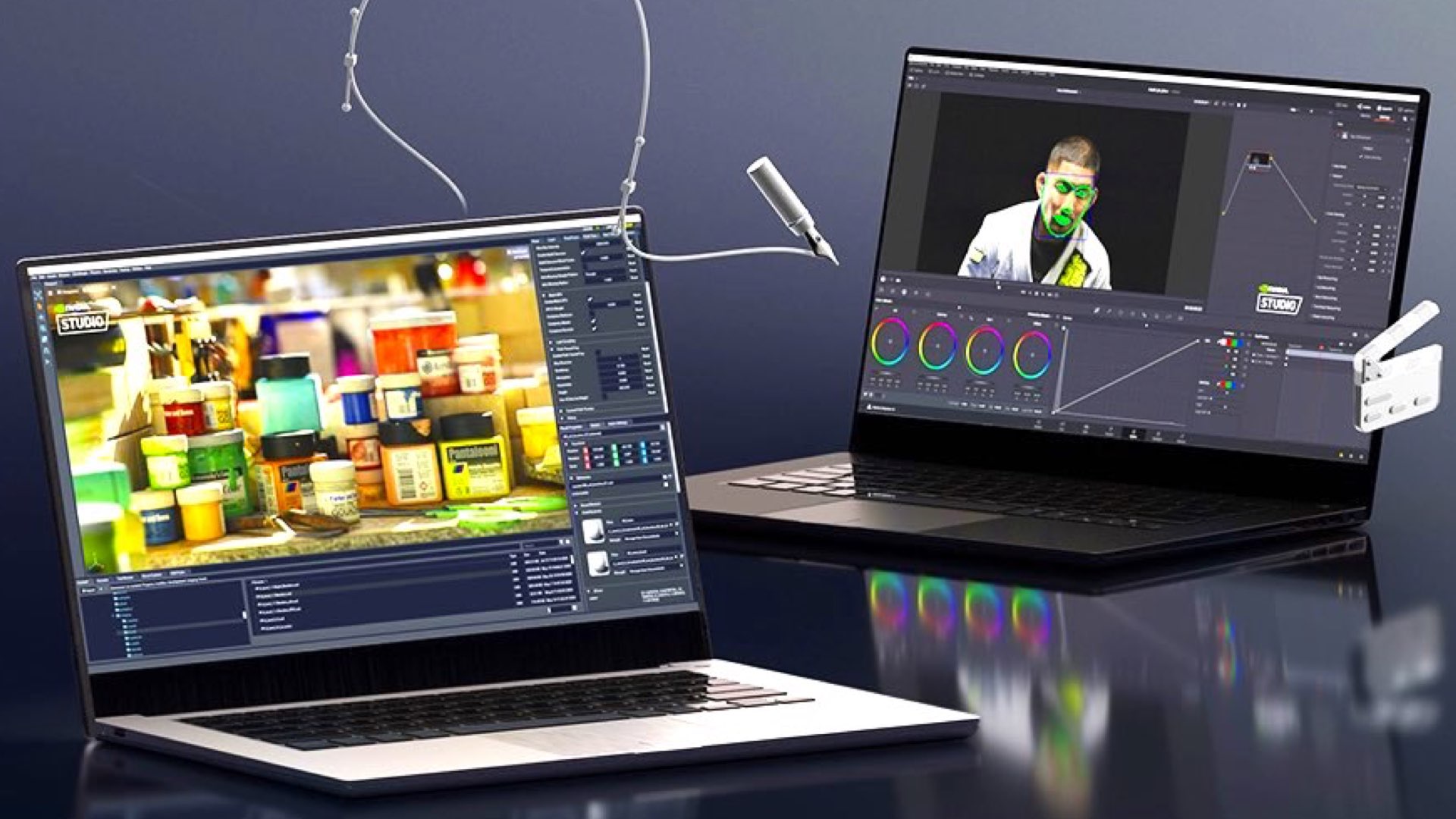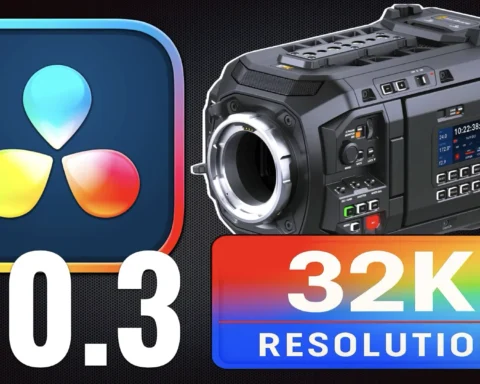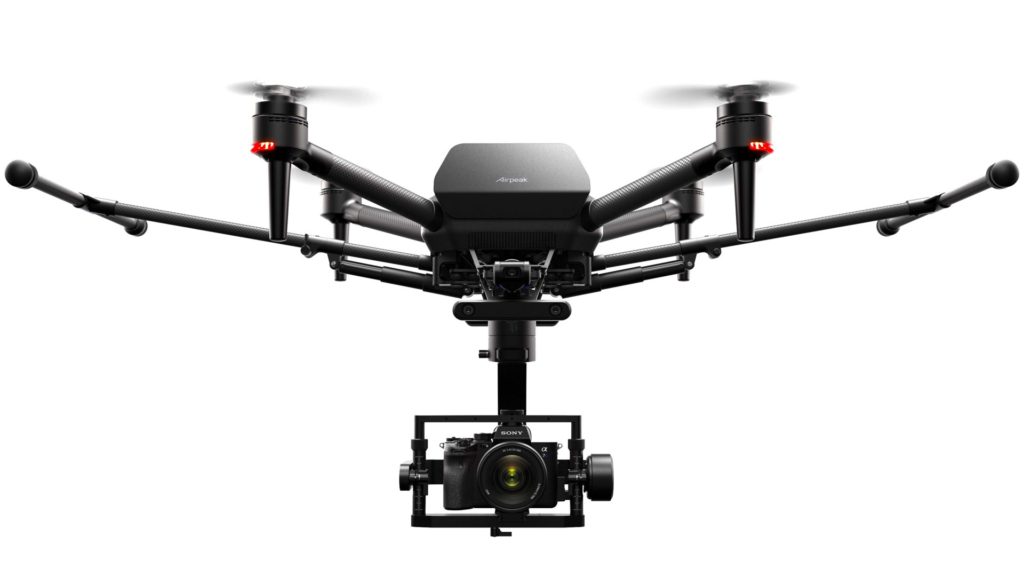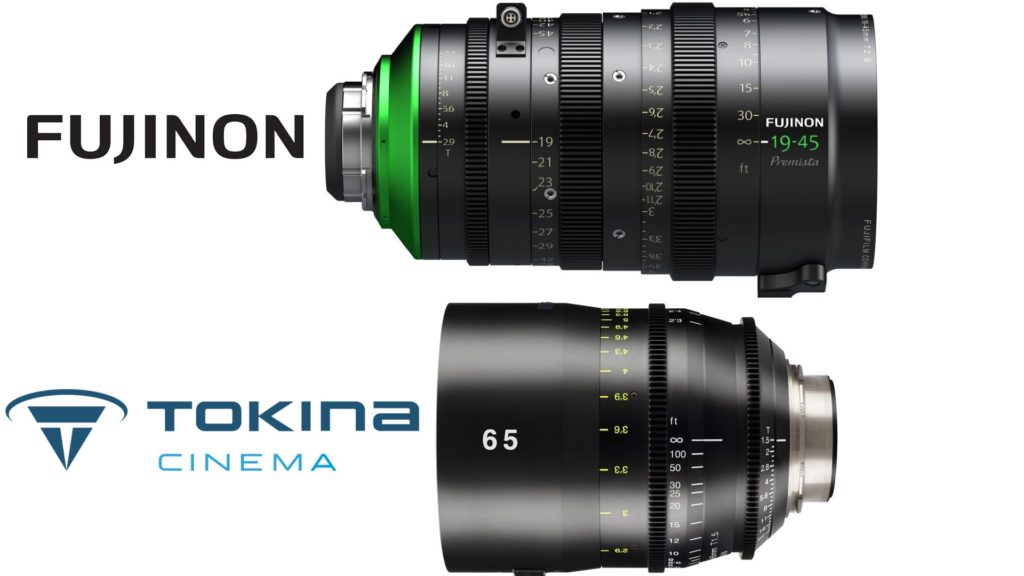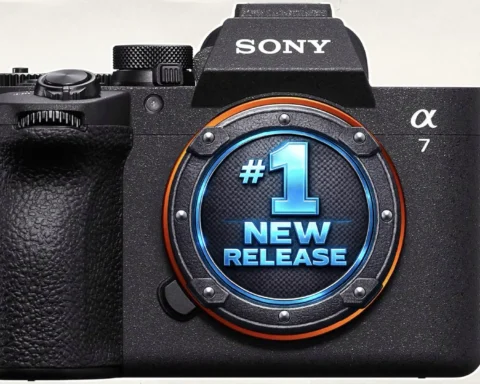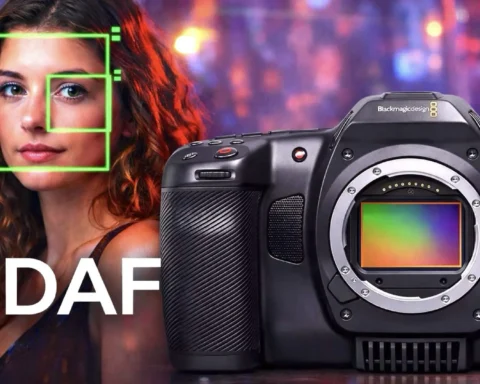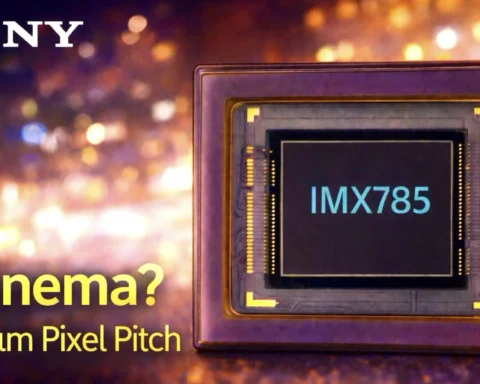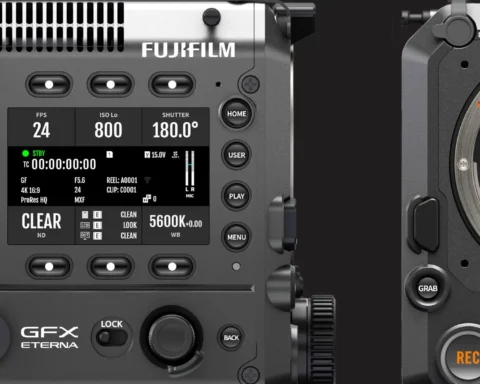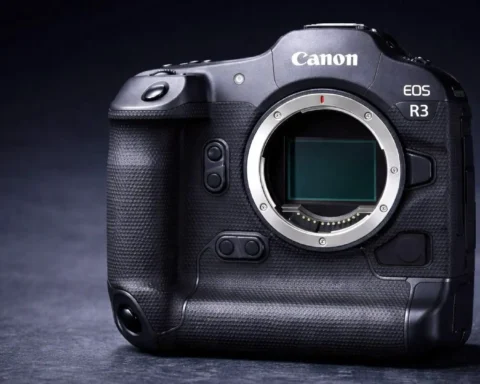NVIDIA has just announced the RTX 30 Studio series, which is “World’s Fastest Laptops”. The first models are available from ASUS, Gigabyte, MSI, and Razer. These new laptops feature the freshly unveiled GeForce RTX 30 Series GPUs and are aimed to deliver up to 2x the performance in creative applications. The goal (besides gamers) is to allow professional editors to decode and encode 8K HDR RAW on-the-go.
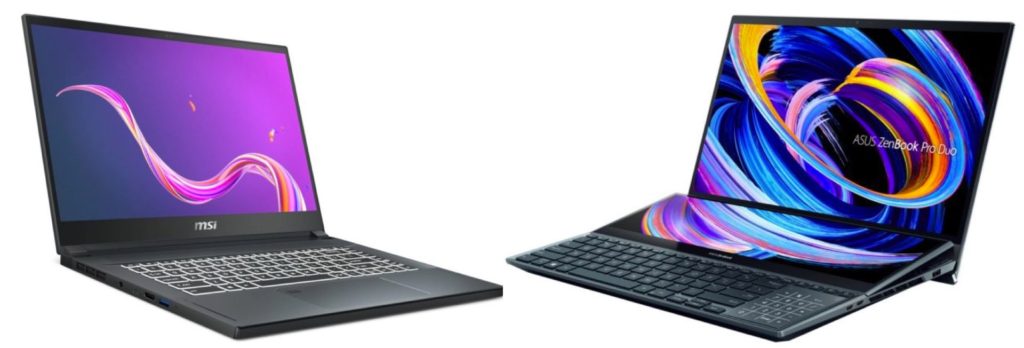
NVIDIA GeForce RTX 30 Series
This GPU family was introduced back in September, with a goal to bring the 8K content creation and consumption to the mainstream. The RTX 30 is a second-generation RTX GPUs and is powered by NVIDIA Ampere Architecture, which is much more efficient than Turing-based generation (up to 2x performance and 1.9x the power efficiency as claimed by NVIDIA). This series includes three models: GeForce 3070, 3080, and 3090.
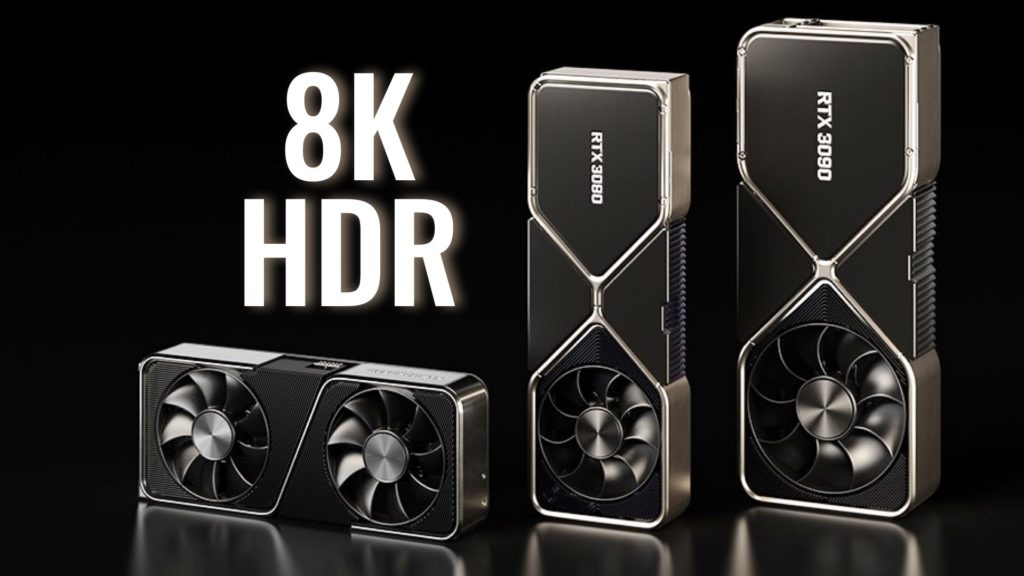
The RTX 30 in video editing and motion graphics
Many GPU enthusiasts claim that the RTX 30 was dedicated to gamers, however, we found some benchmarks on the NVIDIA website that shed some light on the efficiency of the RTX 30 regarding video encoding and decoding on DaVinci Resolve, REDCINE-X, and Premiere Pro. According to NVIDIA, the RTX 30 can enhance 8K editing and color grading. The data is below. Just noting that these benchmarks are relevant for the Desktop GPUs since the RTX 30 Studio laptops were just announced today.
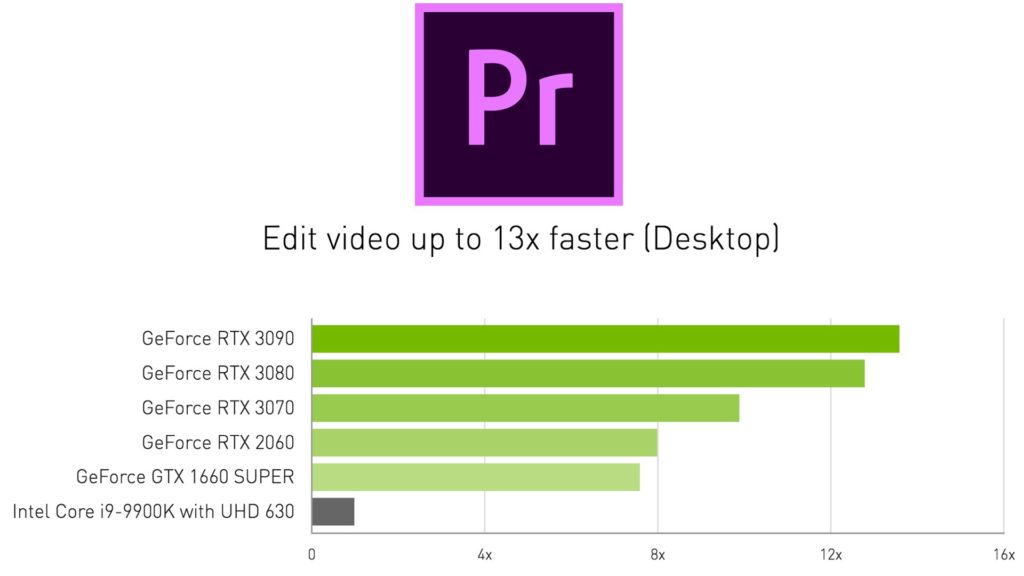
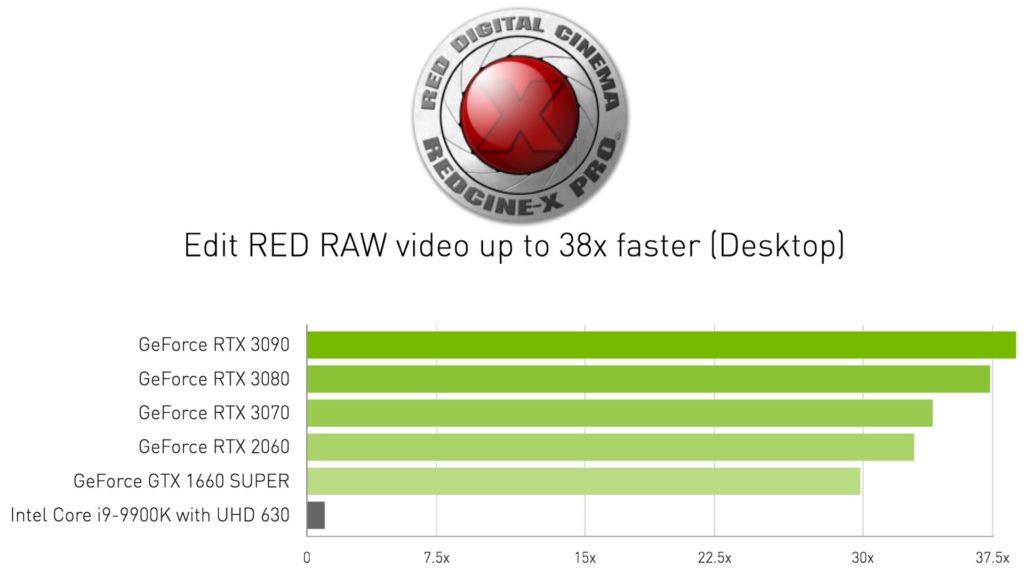
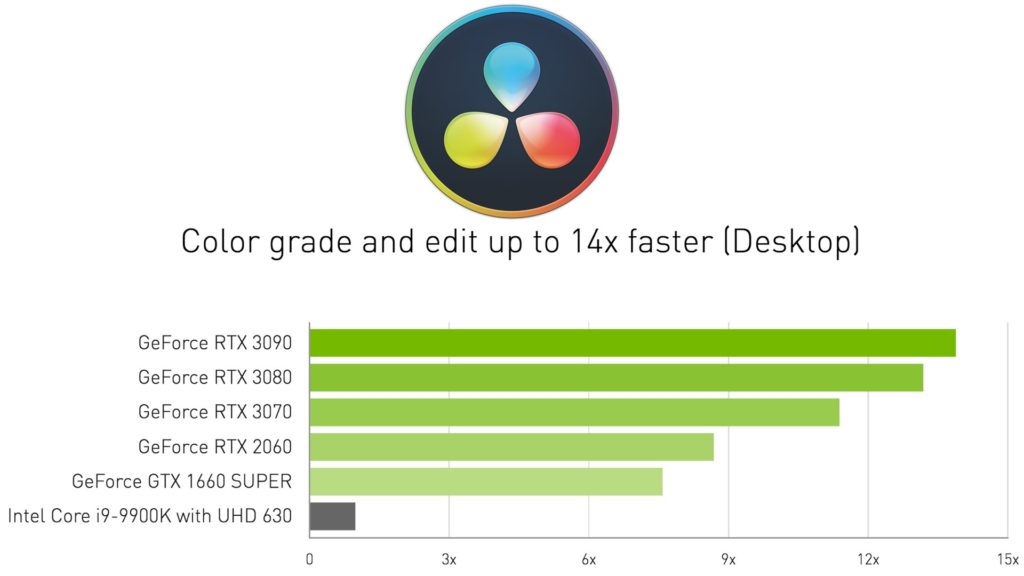
Studio GeForce RTX 30
It was just a matter of time till NVIDIA implements the new RTX 30 GPU in selected laptops. So there you go. Today, NVIDIA presented these new RTX Studios. These models are equipped with up to 16GB of video memory to work with huge assets and across multiple apps at the same time, pixel-accurate displays with 1440p and 4K options, and GPU acceleration for ray tracing, AI, and video encoding that allow artists to create in “record time”. As stated by NVIDIA: “GeForce RTX 30 Series GPUs power the world’s fastest laptops for gamers and creators. They’re built with the award-winning Ampere—NVIDIA’s 2nd gen RTX architecture—with new RT Cores, Tensor Cores, and streaming multiprocessors to give you the most realistic ray-traced graphics and cutting-edge AI features. GeForce laptops with new 3rd gen Max-Q technologies use AI and new system optimizations to make high-performance gaming laptops faster and better than ever”. Watch the commercial below.
Dedicated for professional on-the-go 8K RAW editing
NVIDIA claims that the GeForce RTX 30 Series Studio laptops are giving video editors mobile access to edit up to 8K HDR RAW footage, use AI to simplify workflows and reduce encode times by up to 75 percent. Also when connected to an external G-SYNC display — an NVIDIA technology that synchronizes the display to content, and editors can preview their content at the exact frame rate it will be exported and played back. Furthermore, the NVIDIA Studio laptops take advantage of industry-leading creative apps to empower creators with AI. For instance, Blackmagic Design’s Davinci Resolve 17 Magic Mask feature that uses AI to speed up mask creation and tracking.
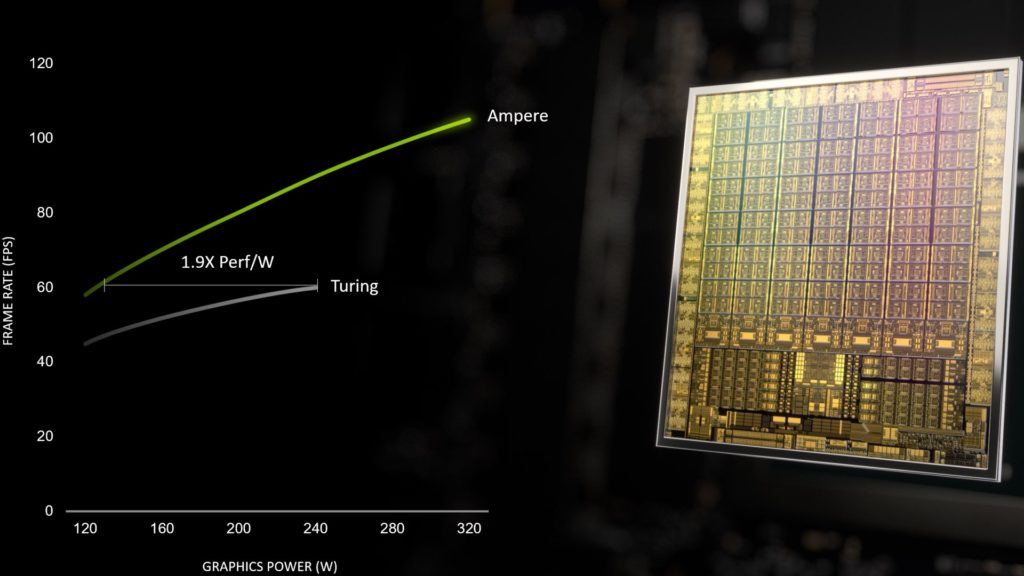
The models
- Asus ZenBook Pro Duo UX582: Featuring GeForce RTX 3070 graphics
- MSI Creator 15: Offering GeForce RTX 3060, 3070, and 3080 variants
- Gigabyte Aero 15 and Aero 17: Come with multiple screen sizes to choose from and configurable with GeForce RTX 3060, 3070, or 3080 graphics
- Razer Blade 15 and Blade Pro 17: That offer 1440p and 4K display options in a high-quality chassis. The Blade 15 Base model is configurable with a GeForce RTX 3070 and a 1440p display; the Razer Blade Advanced model with GeForce RTX 3070 or 3080 and 1440p or 4K displays; the Blade Pro 17 with a GeForce RTX 3080 and 4K 120Hz display
The laptops continue to be supported by NVIDIA’s Studio Drivers.
The new GeForce RTX 30 Series NVIDIA Studio laptops from ASUS, Gigabyte, MSI, and Razer will begin rolling out later this month at a starting cost of $1,000.

GeForce RTX 30 Series GPUs power the world’s fastest laptops for gamers and creators
NVIDIA
Final thoughts
This second generation of RTX Studio has a lot of potential for sure. However, let’s not forget that the main competitor might be the new M1 Apple Silicon Macbook Pro (and Air). It will be interesting to compare the RTX Studio 30 to the M1 laptops, regarding 8K RAW video editing and color grading capabilities. Which will win? Comment below.

